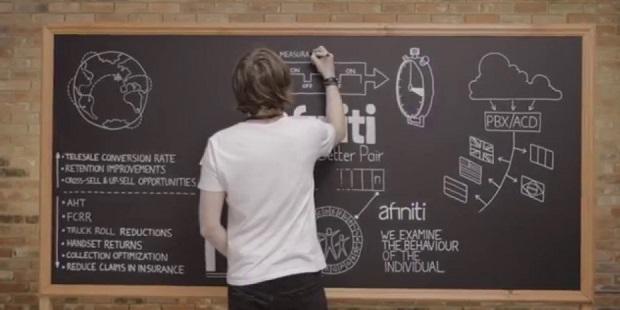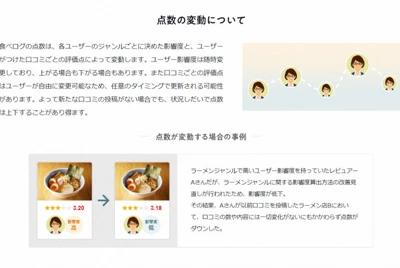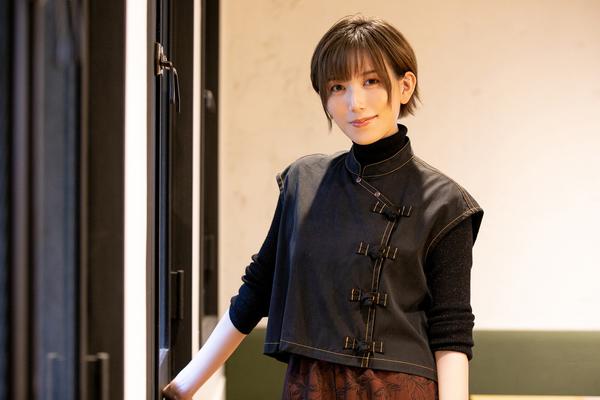If you succeed, you will not be happy, but you are happy and succeed -What is the happiness from economics?(Takashi Kadokura Column -3rd)
hello everyone.This is Takashi Kadokura.
In this column, we are talking about what happiness from economics and money is.Until now, we have talked about how to spend money on happiness and the relationship between work style reform and happiness.
In the last episode, I would like to use the theme of "how people can live happily".If you think normally, you will be happy if you earn high income and succeed in society.It's easy to think so.However, recent research on behavioral economics and psychology has been supporting the ideas of "successful people, but rather successful people."A research by Psychologist Sean Eriker, who has been studying happiness at Harvard University for more than 10 years, has stated that success and happiness are in a relationship in many contexts such as work, health, and creativity.I am.What does this mean?I will explain from now on.
If you succeed in society, you will be rich and happy.I think many people are working hard every day.For that reason, some people may be sacrificing something.Just because you become a successful person does not necessarily mean you can be happy.
Even after success, we may pursue further success and have great pressure.Also, as long as the idea of success = happiness, people have to spend days that are not happy until they succeed.In the first place, only a handful of people are called successful people.
Considering this, rather than "success can be happy if you succeed," the idea that "happiness leads to success" is becoming more and more supported.In fact, when you look at successful people in the world, you'll think that many people have thoroughly stuck about what they like and what they are happy to do.If you don't feel happy and feel happy, you won't last long and you can't make an effort.
According to recent research in psychology, it is reported that people who feel happy are more productive than those who are not.According to Warlic University's work experiment, happy people are about 12 % higher productivity than those who are not, and those who are unhappy or depressed are about 10 % lower productivity.There is also data.
Certainly, everyone intuitively that those who are working with excitement and happy moods will be able to achieve better every day than those who work with a sense of duty.you understand.Happiness itself is the source of competitiveness.With that in mind, there are many companies called CHO (Chief Happiness Officer) who have a position to improve the happiness of employees.
It is important for people to feel happy now for success.Even if you know that in your head, some people may say, "I'm in trouble because I'm not really happy now."So why don't you feel happy now?To think about that, first consider when people have a sense of happiness.
From the conclusion, the current situation has nothing to do with whether people have a happy feeling.For example, suppose you have 30 million yen.But if it will decrease with great momentum every day, and in the near future, there will be no sentence every day, and you will not be very happy.Conversely, even if your annual income is 3 million yen, if you are convinced that your income will increase steadily with your right shoulder, you will be happy every day.In fact, a research by Professor Daniel Kerneman, a psychologist at Princeton University, seems to increase emotional happiness in proportion to his income up to $ 75,000 per year.

In other words, people have a bright hope for the future and feel happy when they feel better in the future.I think here is the reason we talked about in the first column, the reason why the income and the happiness are not necessarily directly linked.I look more energetic and shiny in Southeast Asian people than Japanese youth.While the Japanese economy is declining, there are many places where Southeast Asia may still be developing economics.
シンガポールの東南アジア研究所にてHowever, in fact, no one knows the future.So it's surprisingly important to have unfounded confidence and think positively and optimally.Actually, I look like this, and the roots are Latin (laughs).If you don't think about negative things, and if you think it's interesting, you will try it casually.When I left the think tank and became independent, I never thought about what would happen.Even if you look at a successful entrepreneur, you don't have to worry about failure, and I think many people try to challenge what they find interesting.
In addition, it is important to value the small joy of everyday life in a happiness.I think this depends on a little care and care on a daily basis.Women are particularly good at rewarding themselves, enjoying delicious things and conversations with friends, finding small joys in everyday life and enjoying them.A man who tends to sacrifice the small joy of everyday life to achieve a big goal should emulate such a place.
Finally, in order to live happily every day, it is more important to think and act on the happiness of the people around you, rather than thinking only your gain. Happiness will be greater if you can enjoy human happiness by yourself. Research at the University of Pens silvervania has shown that the position of a company that has the characteristics of "Give and take" that always moves with his own profit and loss is an average position and salary. On the other hand, many people who have the characteristics of "Giver (a person who gives Maei no)" sacrifice their time and achievements for others, so their positions in the company are low and the average salary is low. The result is that. However, the highest position and salary were the people of "Giver". On average, the position of "Giver" was low, but the human resources that penetrated were also "Giver". It is thought that many people in the "Giver" protruding in the "Giver" are that the more they behave altruistic, the more they behave, and the more they will behave, the more human relationships will expand, and the more you will get a job.
I'm always working hard, but I'm spinning somewhere.There is no sense of fulfillment or joy every day.I think that if you are conscious of "becoming optimism", "cherishing the small joy of everyday life", and "Giver", your life will be improved.
⇒Taka Kadokura's column "What is happiness from economics?" If you want to read the second time, click here
⇒Taka Kadokura's column "What is happiness from economics?" Click here for more
⇒ Go to the top celebrity column "Ichibi Ichi" who is active in the forefront of each field
Takashi Kadokura
Economist, representative of BRICS Economic Research Institute
Born in Kanagawa Prefecture in 1971.Graduated from Keio University Faculty of Economics in 1995 and joined the banking tank in the same year.He was seconded to the Japan Economic Research Center in 1999 and was seconded to Southeast Asian Research Institute in Singapore in 2000.From 2002 to 2005, he was the chief economist of the Life Insurance Sink tank Economic Investigation Department and is currently the BRICS Economic Research Institute.Along with the activities of the institute, he has also appeared on various media such as Fuji TV "Honma Deka!? TV", Mainichi Broadcasting "Saturday Plus", Yomiuri TV "Uenuma / Takada no Kugizuke!"He also has a lot of serialization in magazines and webs and many lectures.He has authored many books, including "Affair Economics" (KK Best Sellers), "Takashi Kadokura's Adult Economics" (PHP Laboratory), and "Japan's" Underground Economy "Latest White Paper" (SB Creative).
* This description is the view of an independent author who is not directly related to the Company.* Please note that the information listed may differ from the latest product, law, tax system, etc.
 notebook-laptop
notebook-laptop






